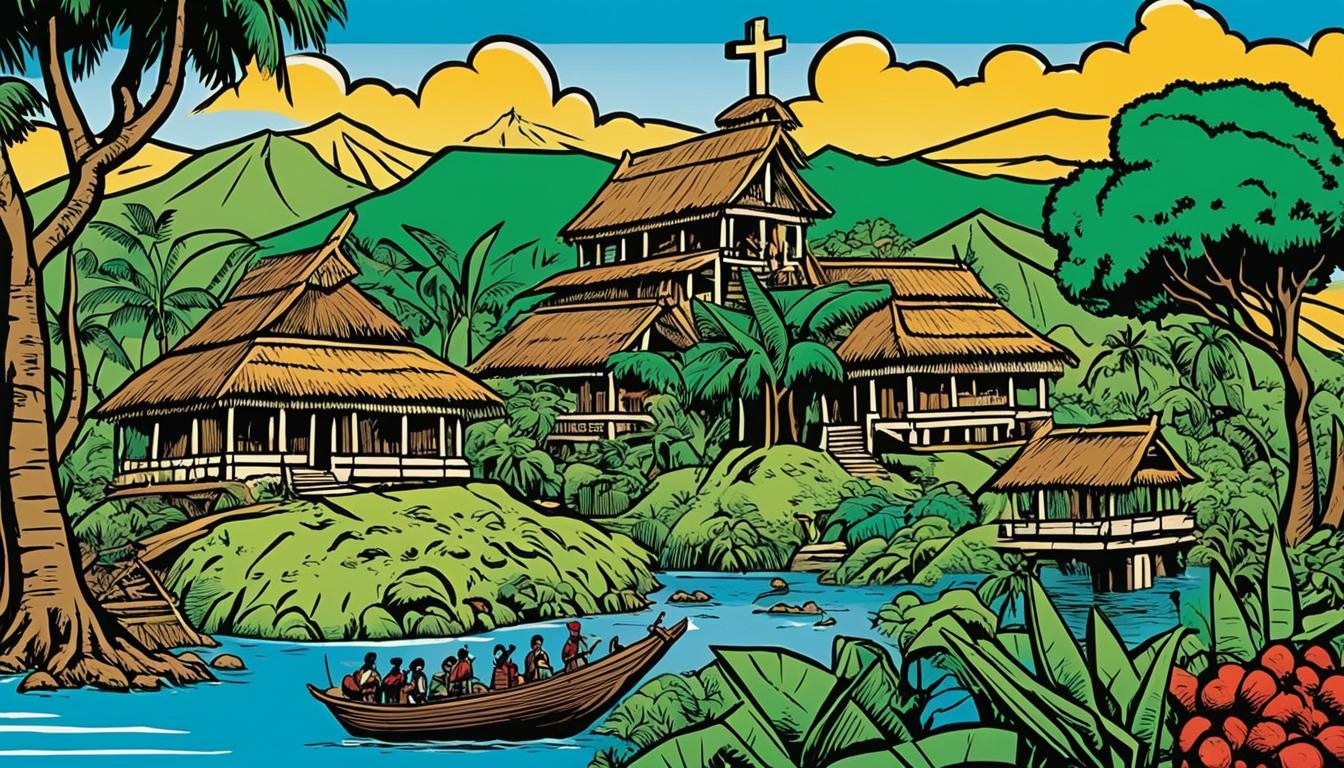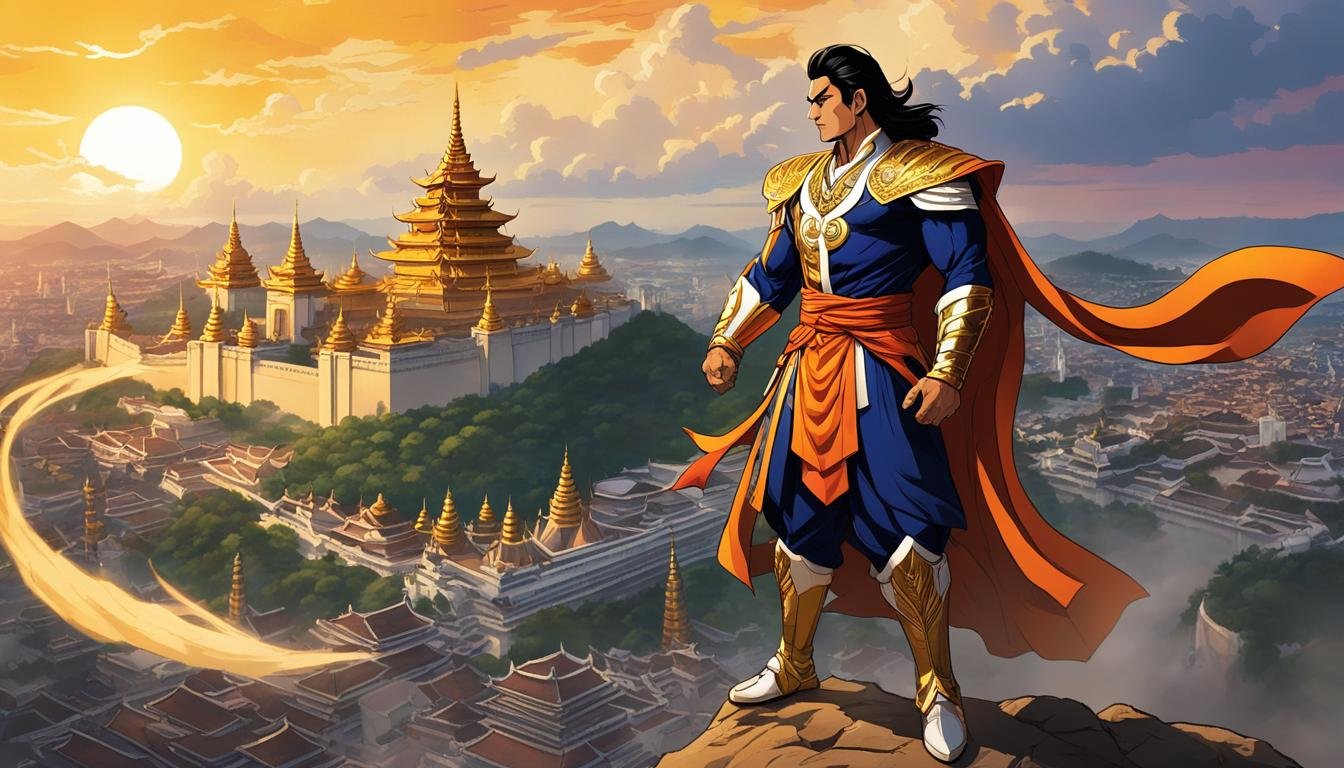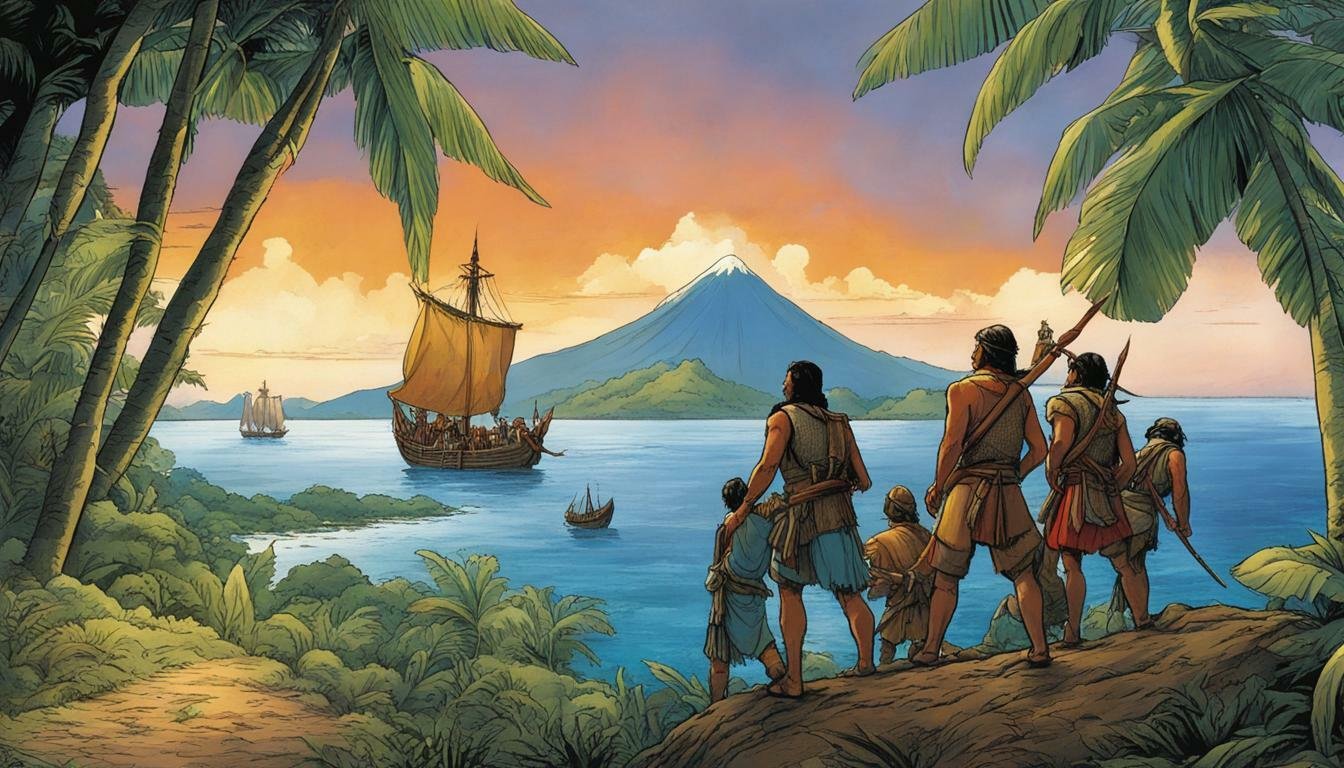The arrival of Spain in the Philippine archipelago in the 16th century marked a pivotal turning point in the history of the islands, ushering in over three centuries of colonial rule. This era brought about radical transformations that deeply affected nearly every facet of life, from social structures and political organization to cultural practices and…
Tag: Indigenous Resistance
Rajah Tupaz: A Hero of Colonial Resistance in Cebu’s History
The arrival of European powers in Southeast Asia in the 16th century marked a pivotal turning point, initiating centuries of profound transformation. For the archipelago that would become the Philippines, this era began decisively with the arrival of Ferdinand Magellan in 1521, though his visit was fleeting and ended tragically for him on the shores…
Legazpi: The Explorer Who Colonized the Philippines and Established Trade Routes
The 16th century marked a period of intense European exploration, driven by a quest for new lands, resources, and trade routes. Following Christopher Columbus’s “discovery” of the Americas, Spain turned its gaze westward across the vast Pacific Ocean. Its objective: to reach the fabled Spice Islands of Southeast Asia and secure a foothold in the…
Navigating Faith: Indigenous Beliefs and the Inquisition in Colonial Philippines
About 90% of the Philippines’ 104 million people were Christian in 2000, notes the CIA World Factbook. Most of these were Catholic. This shows how deeply Christianity has influenced the country. The Philippines’ religious story includes native beliefs mixing with those of Spanish colonialists and the Christian faith. This mix formed a rich culture where…
The Burning of The 300 Macabebes
Around 300 people from Macabebe were killed by fire in their church on April 27, 1899. This sad event, called the Burning of The 300 Macabebes, marked a key time in Philippine history. It was during the struggle for Philippine independence. The Macabebes, soldiers from Macabebe in Pampanga, faced this terrible fate in the Philippine-American…





